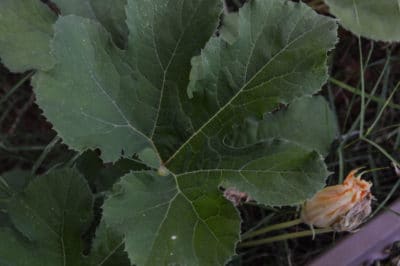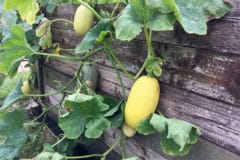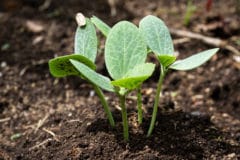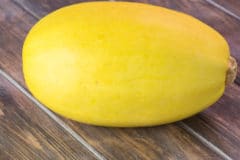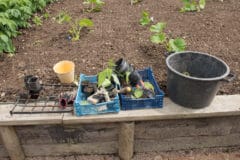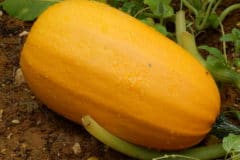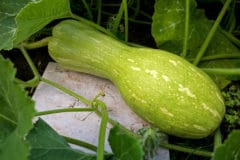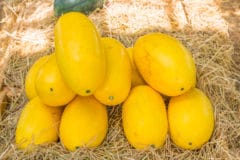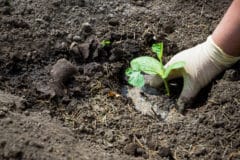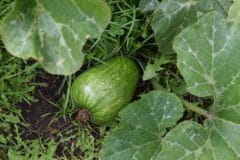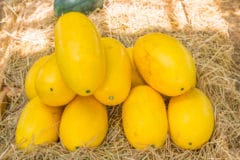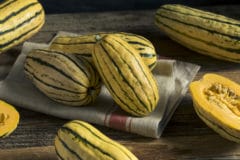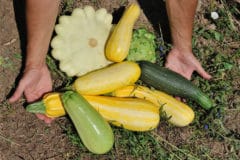Know Your Growing Season
Since spaghetti squash requires approximately 90-100 days to harvest grow, it is integral that you know in which planting zone you live. If your geographical location has a short growing season, you may need to either start your spaghetti squash seeds indoors or purchase already-established seedlings.
Tip: A local nursery or an experienced gardener can tell you your growing zone.
When to Plant Your Seeds
Keep in mind that spaghetti squash, like other winter squash varieties are not cold resistant. In fact, if the soil is too cold when you plant, your seeds will not even germinate.
The soil temperature should be a consistent 60-65°F (16-18°C ) when you plant your spaghetti squash seeds. In most cases, two weeks after the last frost is about right unless you have had an unusually cold spring. While some advanced gardeners can accurately measure the soil temperature by feel alone, you should invest in a soil thermometer to be sure.
Tip: You can buy a soil thermometer at any home and garden store.
Planting Your Seeds Outdoors
Once the soil has reached the right temperature, you can safely plant your spaghetti squash seeds. Choose your location with the following in mind:
- Plant seeds where they can get a minimum of six hours of sunlight. 8-10 hours is best.
- Spaghetti squash sends out vines on which the fruits grow; provide ample room for the vines to spread.
- Plant in hills rather than rows to warm the soil and keep the roots from becoming waterlogged.
Tip: Plant 5-6 seeds per hill, then keep the most robust two seedlings.
Planting Spaghetti Squash Indoors
If you live in an area with a short growing season, you should plant your spaghetti squash seeds indoors about six weeks before the last frost. Fill plantable peat pots with organic soil, insert your seeds, and water until the soil is damp. Place the containers in a sunny location and water them whenever the earth appears dry.
Once the spaghetti squash plants have two full sets of leaves, you can safely plant them outside once the soil is warm enough.
If you plant your spaghetti squash seeds at the correct time, you can almost guarantee a plentiful harvest that will supplement your diet all through the early winter months.
